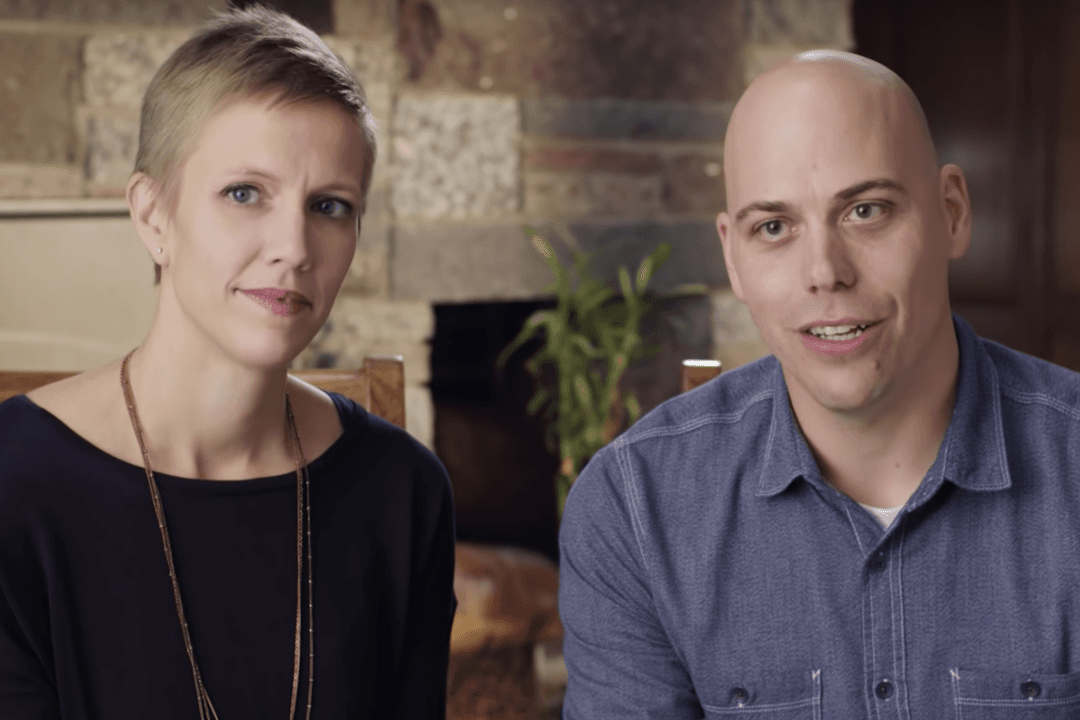The 8th Circuit Court of Appeals halted the expanding reach of nondiscrimination laws last week by ruling that Christian videographers in Minnesota who believe in traditional marriage can’t be compelled under the state’s aggressive human rights law to produce videos of same-sex weddings.
In Telescope Media Group v. Lucero, decided Aug. 23, a three-judge panel of the appeals court found, on appeal from the U.S. District Court in Minneapolis, that “even antidiscrimination laws, as critically important as they are, must yield to the Constitution.”





